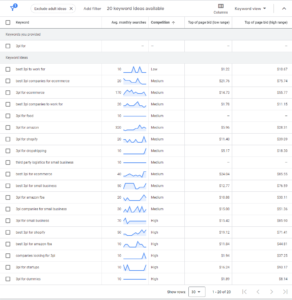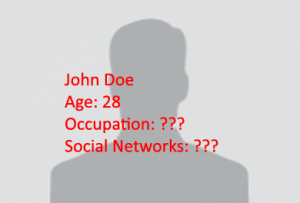Are you worried about online security and privacy issues? How do you know who you are really interacting with online and how do businesses and banks know it’s really you?
In response to action items in the President’s Cyberspace Policy Review (.pdf), last Friday (6/25/10) the US government released the first draft of what they are calling the National Strategy for Trusted Identities in Cyberspace (NSTIC). The draft was developed by a collaboration of government agencies, privacy advocates and business leaders and the idea is to make online transaction safer and more secure by using trusted digital identities.
Through the strategy we seek to enable a future where individuals can voluntarily choose to obtain a secure, interoperable, and privacy-enhancing credential (e.g., a smart identity card, a digital certificate on their cell phone, etc) from a variety of service providers – both public and private – to authenticate themselves online for different types of transactions (e.g., online banking, accessing electronic health records, sending email, etc.).”
One of the main benefits of the new plan is that users will have more control over how they authenticate online. They will have more control over the private information that they use for the authentication.
The Department of Homeland Security (DHS) has created a site for the initiative www.nstic.ideascale.com where they will be collecting comments from the general public in response to the plan. So, head on over and put in your two cents!




